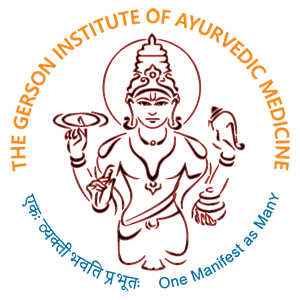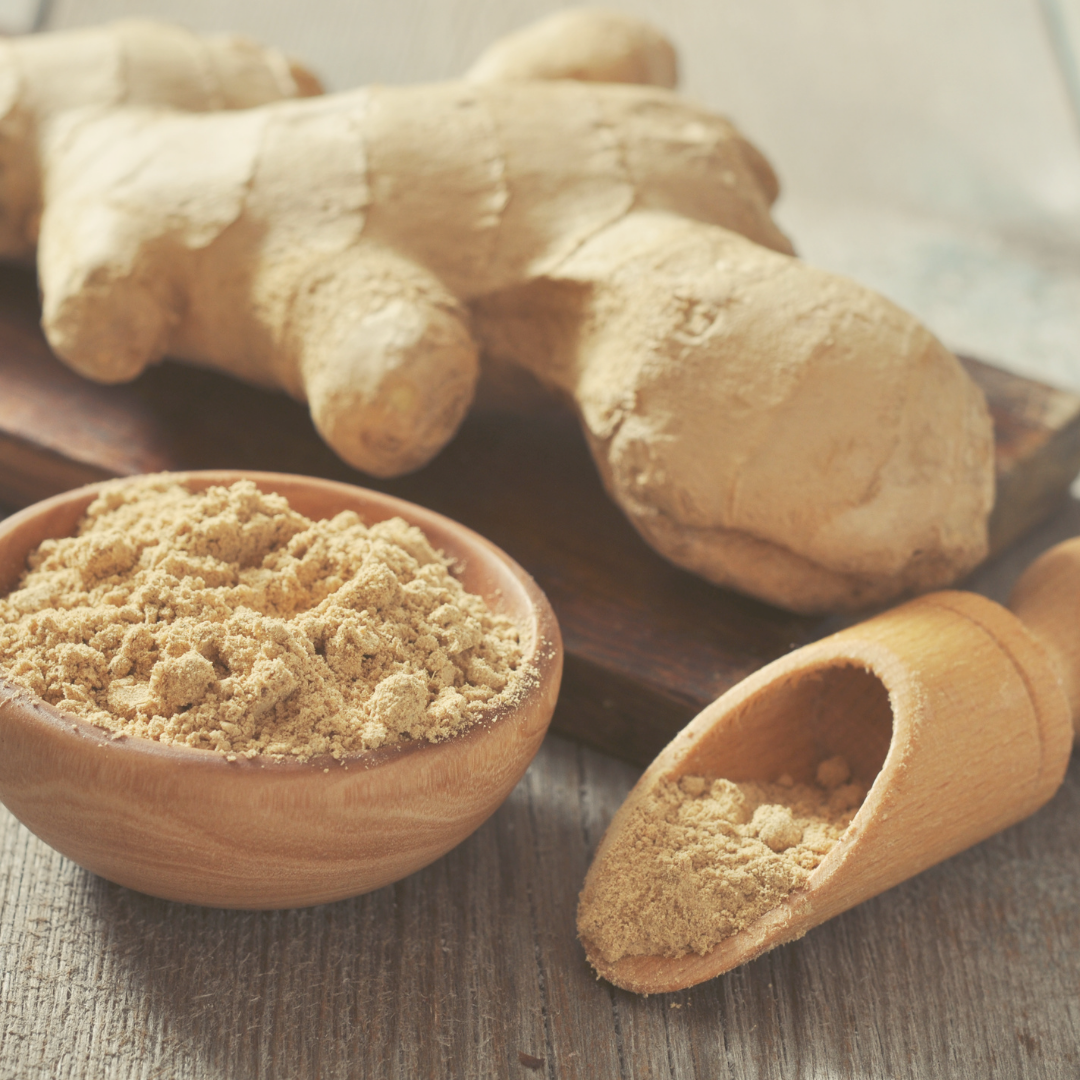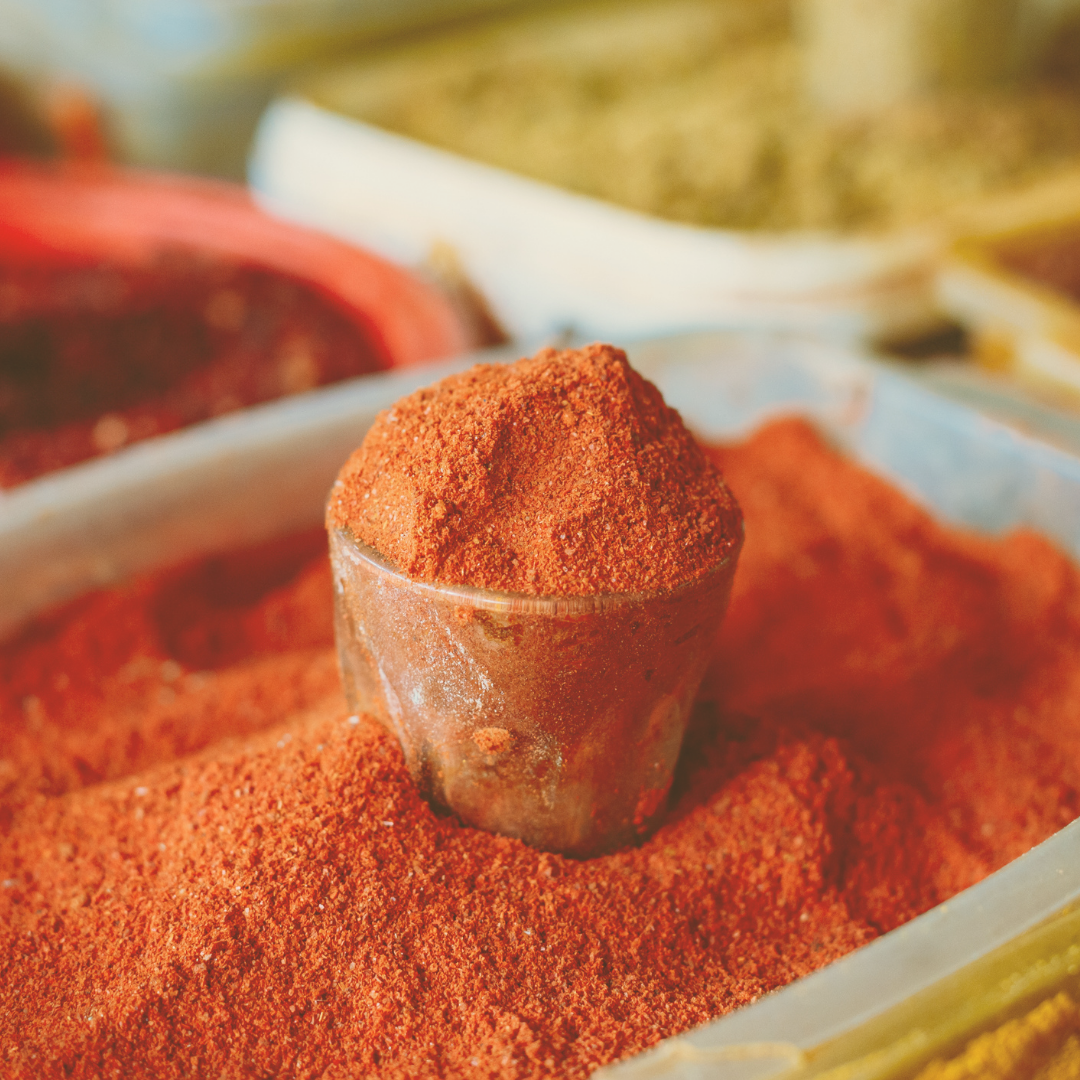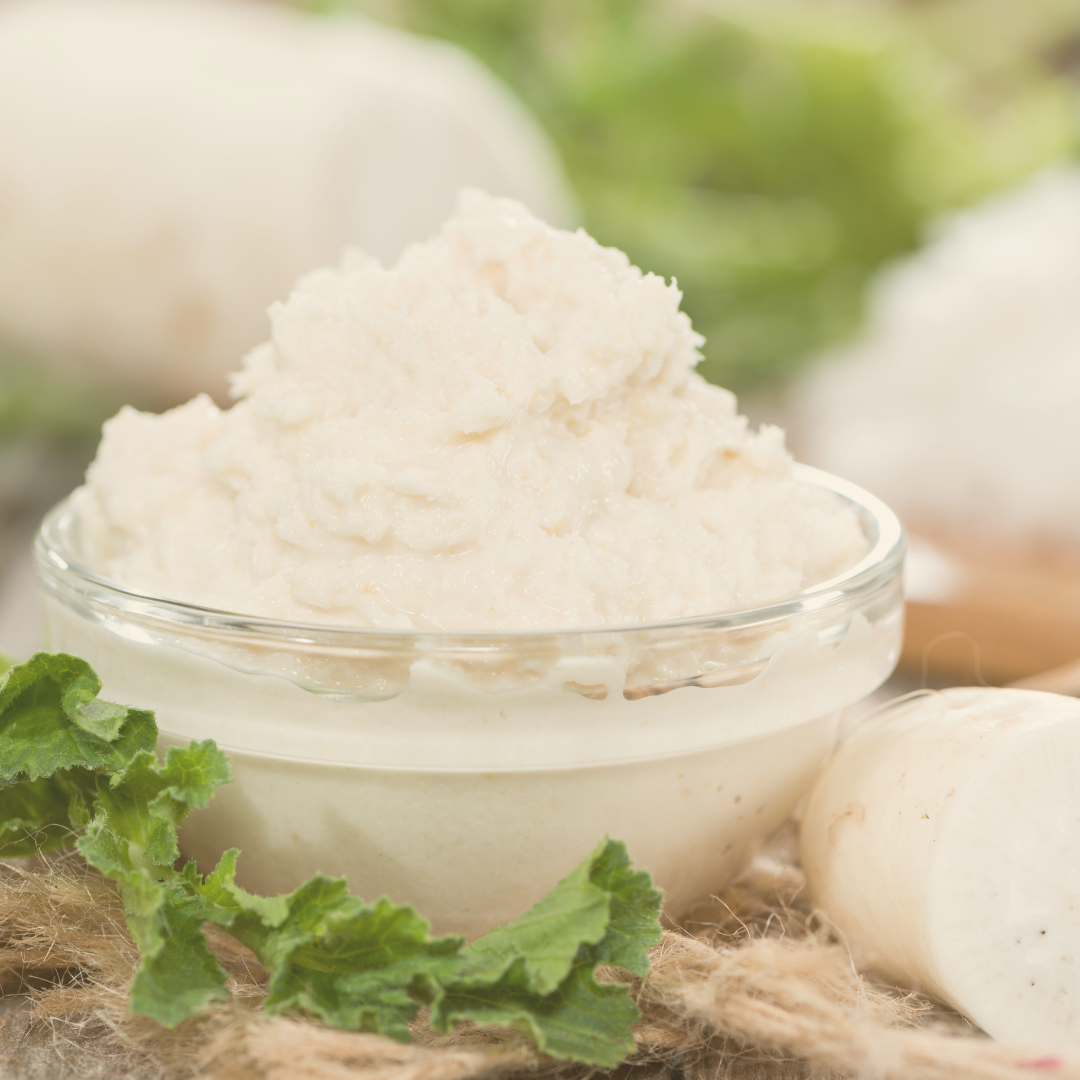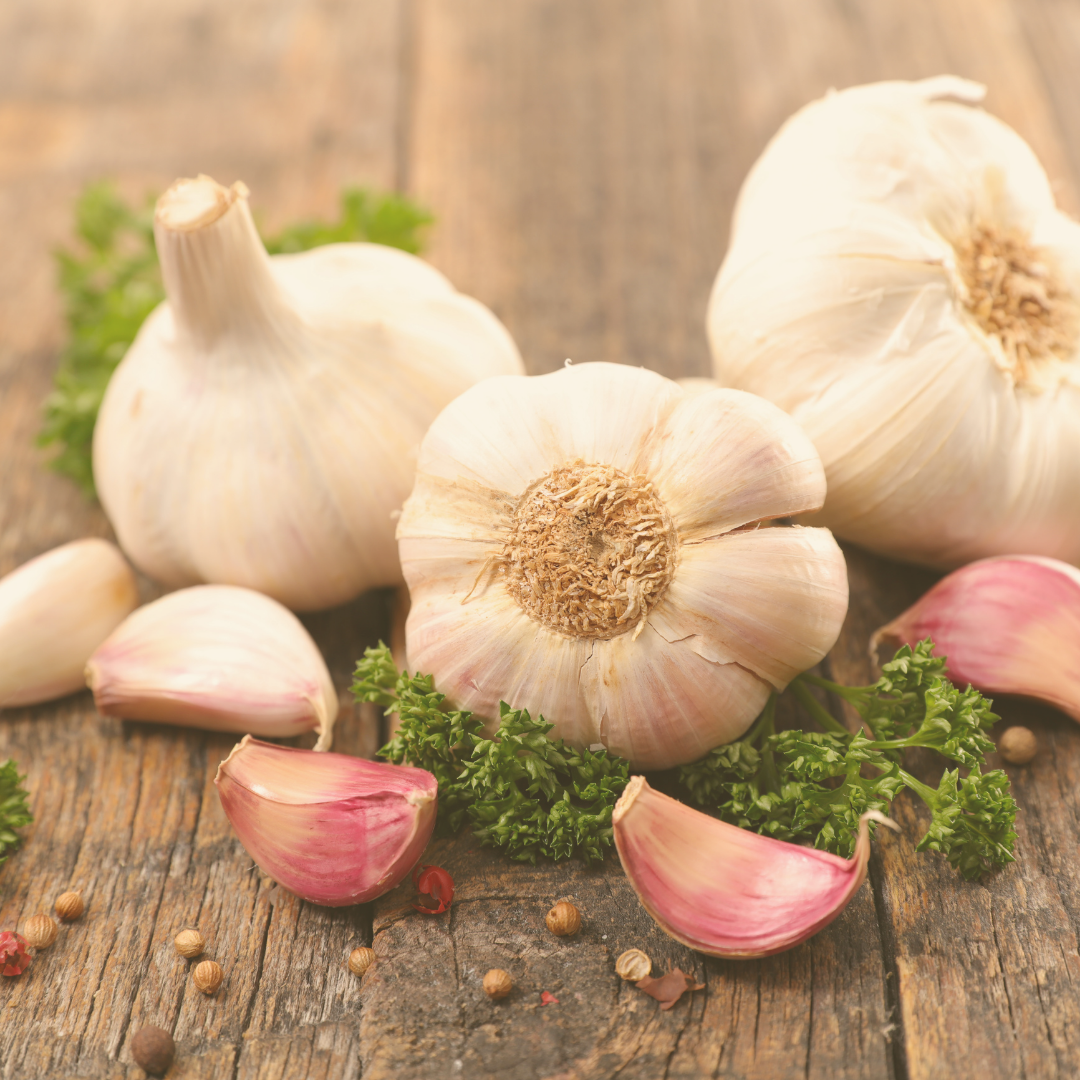The Flu: Prevention and Treatment by Scott Gerson, M.D., Ph.D. (Ayu)
Influenza (commonly called "the flu") and the common cold are different illnesses that share some of the same symptoms and it is important to distinguish between them. The flu is of course more serious than a cold and can lead to extreme fatigue, high fever, and even death.
Symptoms
The flu seasons, which are when flu affects the greatest number of people, are in early winter and late spring. The symptoms which are common to both the cold and the flu are sneezing, stuffed up nose, sore throat, and some degree of fatigue. However, it’s possible that you have the flu if the following symptoms are also present:
Symptoms Which Indicate The Probability Of The Flu
Fever above 100 degrees (F)
Chills/Sweats
Dry, painful, raspy cough
Extreme degree of fatigue
Persistent headache
In children the flu may have a different presentation and can include the following symptoms:
Fever
Diarrhea
Stuffy nose
Sore throat
Vomiting
In individuals over 65, the main presenting symptoms can include:
Fever above 99 degrees (F)
Weakness
Confusion
Nasal congestion
Allergies can also mimic the symptoms of the flu especially if there are, in addition to the above:
watery eyes
itchy or scratchy throat
itchy nose
frequent sneezing.
Should Antibiotics Be Used Against The Flu?
The flu is caused by an RNA virus: the influenza virus, which belongs to the family Orthomyxoviridae. Since antibiotics are only effective against bacteria, they will never help anyone get rid of the flu. They will cause resistant strains of bacteria to colonize your throat, bronchial tree, lungs, intestines, and other tissues making it difficult to treat any subsequent bacterial infections — and they may have additional harmful and unnecessary side effects. The only time antibiotics are indicated is if the flu is accompanied by severe bronchitis or pneumonia.
What Can I Do Through Ayurveda To Prevent The Flu Or Relieve My Flu Symptoms?
Diet:
Include the following foods in the diet: oranges, grapefruit, red grapes, guava, blueberries, strawberries, kiwi, cantaloupe, yogurt, shitake mushroom (contains lentinan a known antiviral), spinach, broccoli (lightly steamed), carrots, kale, pumpkin, pumpkin seeds (for zinc), wheat germ (for vitamin E), flaxseed oil (for omega 3 fatty acid), green tea. Avoid white sugar and animal fat as much as possible for their immuno-suppressant activity.
Herbal Medicines:
The purpose of using herbal medicines in the treatment of the flu is to increase the body's innate immune response against the virus. There are several herbs that have been found to help in this regard. The following herbs are best used in combination:
Kantakari (Solanum surattense)
Guggulu (Commiphora mukul)
Manjishtha (Rubia cordifolia)
Guduchi (Tinospora cordifolia)
Trikatu (a mixture of the 3 pungents: pippali, adrak, and maricha)
Kushtha (Saussurea lappa)
Amalaki (Emblica officinalis)
Yashti-madhhu (Glycyrrhiza glabra)
Ashwagandha (Withania somnifera)
In addition, Chywanprash which is a fruit paste made from amalaki fruit plus forty-six herbs is renowned for protecting against flu and flu-like syndromes.
Spices:
The following spices can definitely help prevent/relieve flu symptoms:
Garlic (contains alliin)
Ginger
Cayenne Pepper (contains capsaicin)
Horseradish (contains allyl isothiocyanate)
Mustard
If Your Flu Symptoms Do Not Subside...Then What?
Bear in mind that a generalized weakness and fatigue may normally persist for up to three weeks. However, sometimes this is due to an underlying respiratory infection and should be treated by a physician to avoid complications. Therefore it is important to always tell your physician about symptoms that persist for more than two weeks. This is especially important if you are a smoker or suffer from asthma, emphysema, heart disease, or chronic liver disease. Viral and bacterial pneumonia, bronchitis, sinusitis, the "croup", and asthma are among the consequences of the flu which should be promptly treated. Older people who have diabetes, kidney disease, anemia, or heart conditions may have a weakened immune system and may be more prone to the flu's complications.
How to Avoid Getting The Flu Again
Besides getting the annual flu vaccination, there is no way to absolutely eliminate the possibility. However, following the above recommendations will strengthen the immune system and make any illness less severe and of shorter duration.
